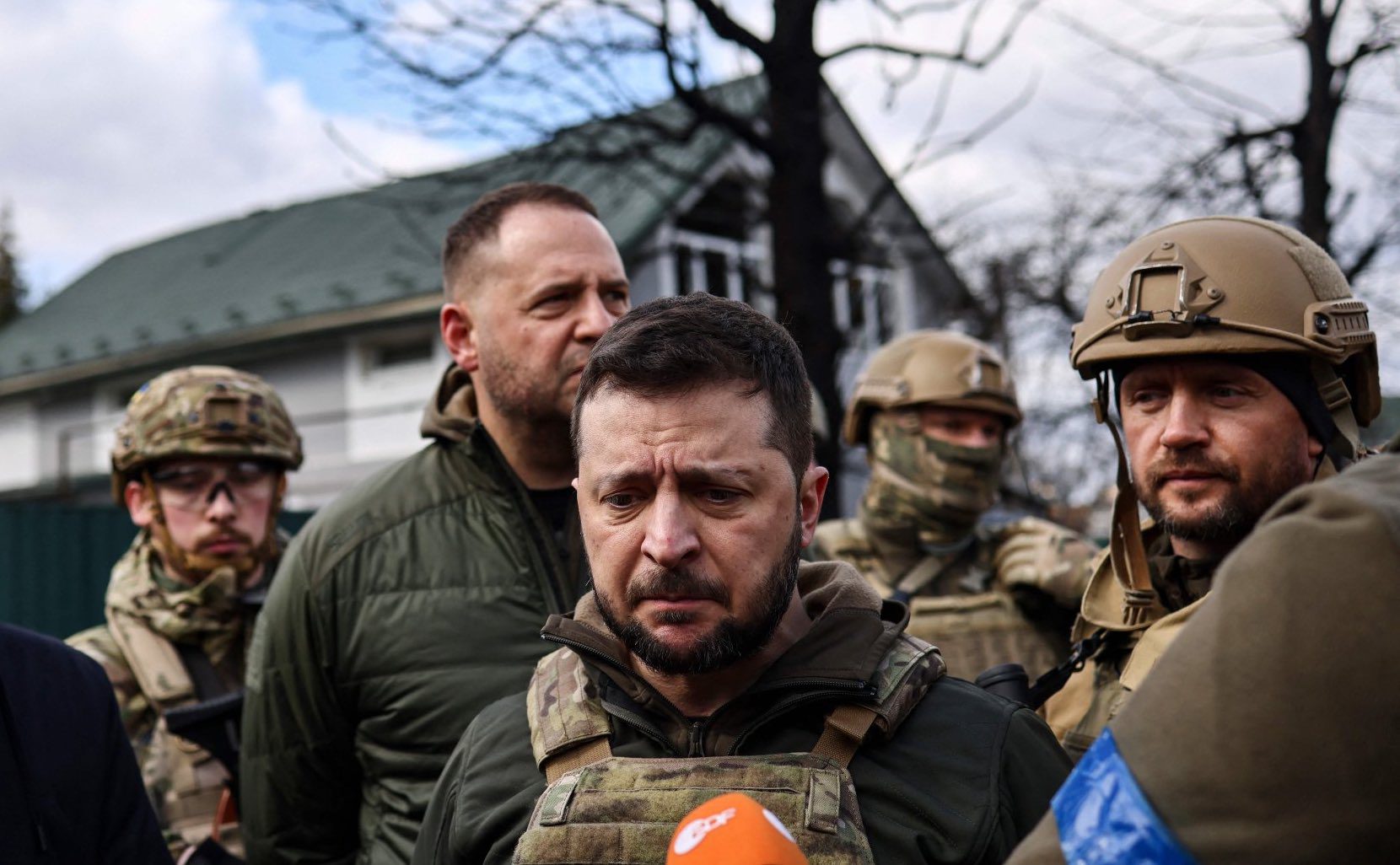Zelensky accused Russian troops of carrying out the most brutal and terrible war crimes since World War Two, following the distressing footage from the town of Bucha.
The President of the European Council, Charles Michel says the EU must impose oil and gas sanctions on Russia “sooner or later”.
It comes as Dutch customs impound 14 yachts, including 12 still under construction, as part of Western sanctions imposed on Russia.
Are there any signs that Vladimir Putin will slow his aggression?
Anton Barbashin is the Editorial Director at Riddle Russia. He believes the war will last much longer, and there will be a list of demands to bring about a ceasefire.
When it comes to the future of Vladimir Putin – Barbashin says he thinks the Russian President will die in office, and that his “mistake” will damage Russia for generations
The United States has announced a further $100 million dollars in military aid for war-torn Ukraine
The Biden Administration says the funds will be used for anti-tank missiles.
Meanwhile Ukraine’s President Zelensky has delivered a powerful speech to the United Nations.
The leader urged the Security Council to remove Russia or dissolve entirely.
Zelensky accused Russian troops of carrying out the most brutal and terrible war crimes since World War Two, following the distressing footage from the town of Bucha.
Europe reacts to Massacres in Bucha Ukraine
The European Commission President says the EU is set to act after recent revelations of massacres in the town of Bucha.
Emmanuel Macron is One man who has been heavily involved in trying to change the mind of Vladimir Putin.
The French president is now facing a challenge of his own in the upcoming French election, and there is a real chance the new leader of the country could be an extreme right wing candidate
Meanwhile Ukraine’s President Zelensky has delivered a powerful speech to the United Nations.
The leader urged the Security Council to remove Russia or dissolve entirely.
Zelensky accused Russian troops of carrying out the most brutal and terrible war crimes since World War Two, following the distressing footage from the town of Bucha.
Steve Pifer is the former US ambassador to Ukraine and says now is the time for Biden to send more military might because things have changed.
Russia’s UN ambassador has dismissed the accusations as lies.
The ambassador says not a single Ukrainian was harmed while Bucha was under Russian occupation.
Ticker News also spoke with Cheddars Political Director Megan Pratz who says Ukraine will most likely negotiate to prevent further attacks.



 Shows4 days ago
Shows4 days ago


 Shows2 days ago
Shows2 days ago


 News4 days ago
News4 days ago


 News2 days ago
News2 days ago


 Tech4 days ago
Tech4 days ago


 News2 days ago
News2 days ago


 News4 days ago
News4 days ago


 News1 day ago
News1 day ago






